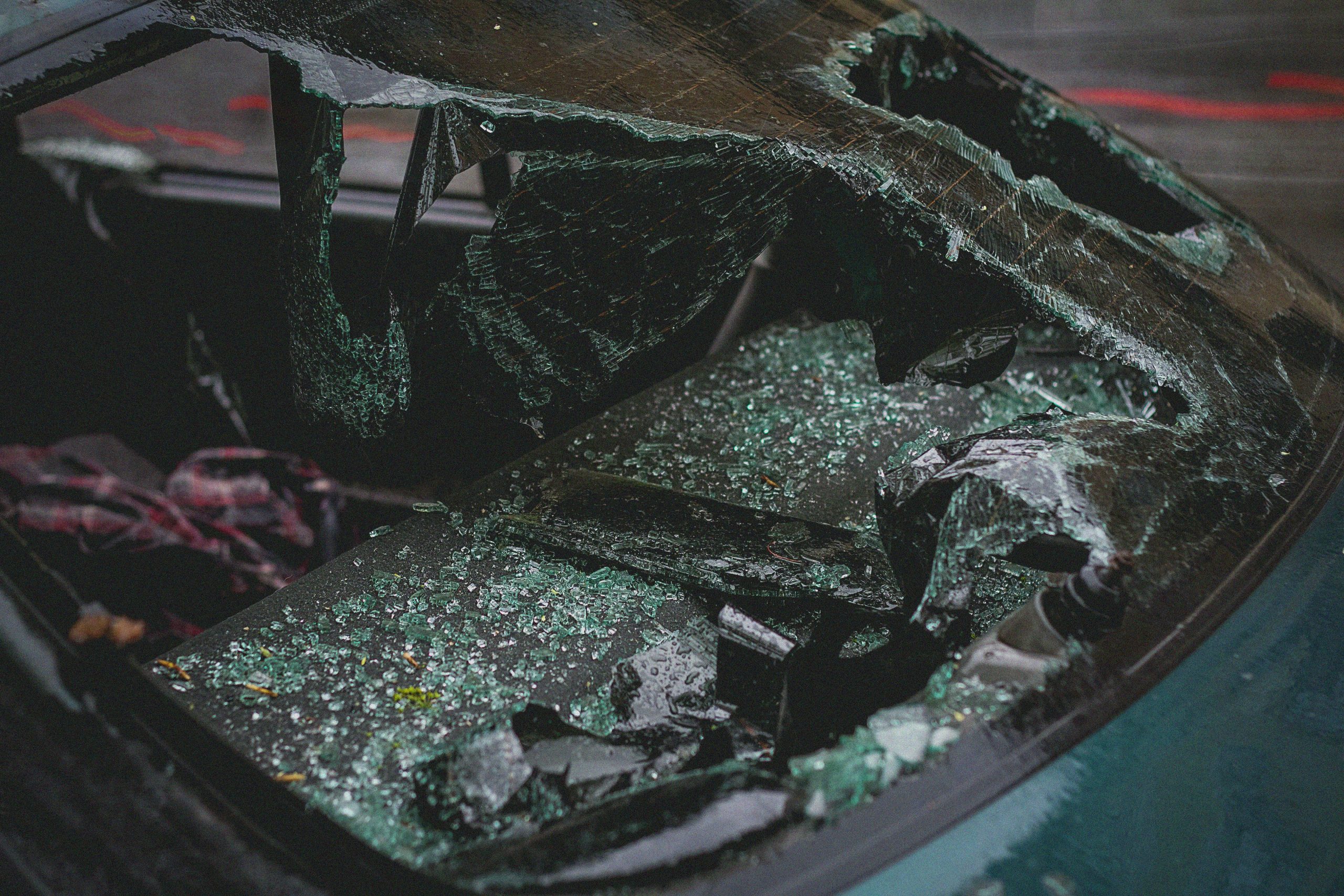Navigating the Aftermath of a Drunk Driving Accident: What You Can Do
Recently, I experienced a distressing incident that highlights the challenges victims face after a drunk driving collision. After returning home from work one evening in Minnesota—a state where I rely heavily on my vehicle—I parked as usual in front of my house. Just ten minutes later, a driver under the influence collided with the rear of my car, causing significant damage to the entire back end.
The at-fault driver was promptly arrested, but since then, I’ve encountered a series of hurdles. His insurance provider, The General, refused to engage with me directly, while my insurer, State Farm, has been more approachable. Unfortunately, insurance coverage is only covering about 75% of my vehicle’s current value, leaving me approximately $4,000 short on my auto loan. I was unaware of gap insurance at the time of purchase, and unfortunately, it doesn’t apply in this situation.
It’s incredibly frustrating to find myself in this position—owing money on a vehicle I no longer possess—especially because the accident was caused by someone else’s reckless decision. Given the current circumstances, purchasing a new vehicle feels out of reach, yet I rely heavily on my car for work, particularly for delivering wedding cakes.
I’m reaching out to see if there are any options or steps I haven’t considered. Are there avenues for recourse or assistance in this situation? Your insights and advice would be greatly appreciated.
—Update—
I’ve clarified that my insurance is covering the vehicle’s fair market value. I’m curious—does the condition of the tires, such as being brand new, affect this valuation at all? I’m unsure about the nuances here and would value any guidance.
Thank you in advance for your support and suggestions.



